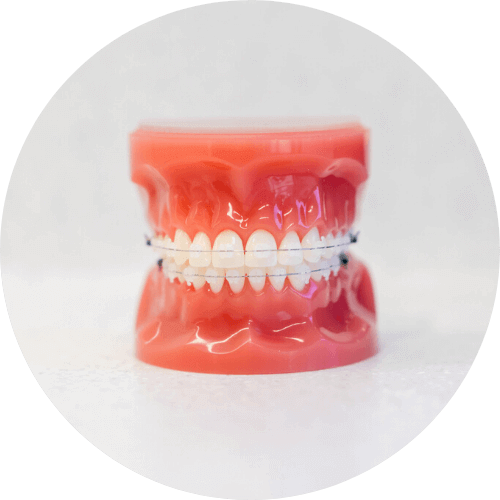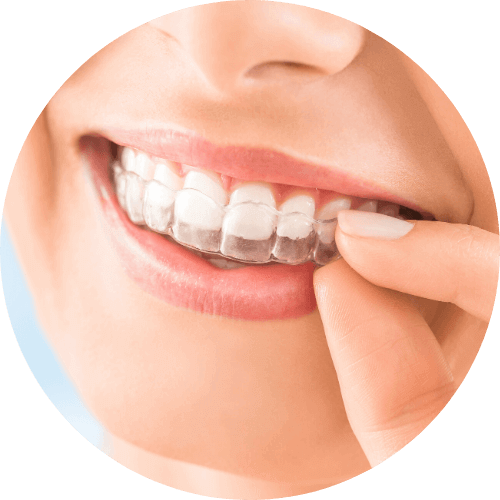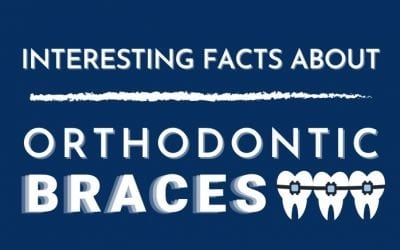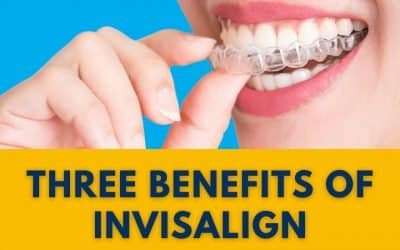Getting Your Braces Removed – What to Expect
But just what does having your braces taken off involve, does it hurt, and can you expedite the braces removal process in any way? Read on for the low-down on the full procedure, from how it works to what to eat afterwards.
How do braces get taken off?
Happily, having your braces removed is simpler and quicker than having them applied, with the full procedure generally taking about an hour.
- First, your orthodontist or the oral health therapist, removes the braces, often with archwires still intact, from your teeth, all at once.
- Your clinician will use specially-designed pliers to lightly squeeze the bottom of each bracket. This severs the adhesive glue that had bonded the brackets to your teeth.
- After carefully taking off each bracket, your clinician will remove the remaining bonding glue from your teeth with a special polishing tool. Expect to feel some mild vibrations during this cleaning process, which generally takes around ten to fifteen minutes.
- Once your teeth are clean, a digital scan or custom mould of your teeth will be taken, so a fixed and/or removable retainer can be made specifically for your teeth. The retainer is designed to maintain the position of your teeth.
- At the retainer insert appointment, you’ll receive a comprehensive care plan detailing how often you need to wear your retainer. Wearing your retainer as your orthodontist prescribes is a critical part of keeping your teeth straight long-term.

Does getting your braces off hurt?
Having your braces removed doesn’t hurt – but it may feel a little uncomfortable. It’s normal to experience some light pressure as your orthodontist or oral health therapist squeezes and removes each bracket from your teeth, then again as they remove any leftover bonding glue while polishing your tooth enamel.
What happens when you take braces off early?
It’s perfectly natural to want your orthodontic treatment to be completed as quickly and painlessly as possible. But braces treatment is a slow and steady process to shift your teeth into alignment. If you were to convince your orthodontist to take your braces off early, Are likely to not achieve the best bite or alignment of your teeth. Meaning? You could end up back at square one. In the case of orthodontic treatment, patience really is a virtue

Can you get your top braces off before your bottom?
Please don’t! Your top and bottom braces work in tandem to meticulously straighten your teeth and correct your bite. Why? Because the alignment of your teeth and bite depends not only on your entire mouth – but on your gums and jaw too. Getting your top braces off before your bottom doesn’t make sense when you consider orthodontic treatment as a whole-mouth process. As a result, we don’t recommend it.
What to eat after getting braces off?
The revitalising crunch of raw carrot, or the satisfying pop of still-warm popcorn. It’s all back on the table once you get your braces off. Just remember to remove your new retainer before eating, then tuck into whatever foods you’d like!
If you’re considering braces treatment, click here to see an orthodontist near you.
To read the original article, click here.
DISCLAIMER:
The content has been made available for informational and educational purposes only. Central Coast Orthodontics does not make any representation or warranties with respect to the accuracy, applicability, fitness, or completeness of the content.
The content is not intended to be a substitute for professional personal diagnosis or treatment. Always seek the advice of your dentist or another qualified health provider with any questions you may have regarding a dental or medical condition. Never disregard professional advice or delay seeking it because of something you have read or seen on the Site.
Learn More About
Related Articles
Unfinished Smiles Welcome Here – We’ll Pick Up Where You Left Off
Is Smile Direct Club’s insolvency leaving your teeth realignment process stranded? As Invisalign Diamond Plus providers…
Interesting Facts About Orthodontic Braces
Wanting to get orthodontic braces but feeling unsure because you don't have knowledge about its...
Three Benefits of Invisalign
Did you know that aside from being an option for straightening your teeth, there are also benefits...
Metal Braces: Does This Traditional Dental Technology Have a Future?
Of all the medical professions, dentistry has always generated the most fear and continues to;...







